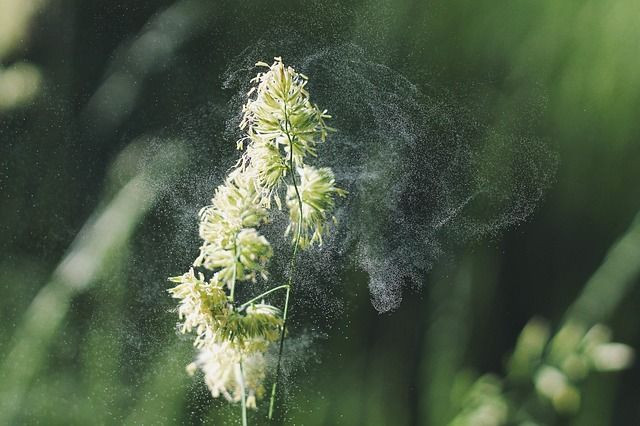Seasonal Allergies May Affect Your Memory: Study Finds New Link

Seasonal allergies are an inconvenient nuisance, but a recent study suggests their long-term effect may go further than simply ruining a perfect spring day. New research has found that seasonal allergens are able to change the brains of mice in ways still not completely understood.
The study found that brains of mice exposed to grass pollen allergens produced more neurons in the hippocampus, the area of the brain responsible for forming new memories, than controls. These findings raise the question of how allergies could possibly affect memory. In addition, the same allergic reaction also caused the deactivation of microglia, the brain’s immune cells — a reaction that surprised the team.
“It was highly unexpected to see the deactivation of microglia in the hippocampus,” explains Barbara Klein, one of the authors of the study in a recent statement, “partly because other studies have shown the reverse effect on microglia following bacterial infection.”
For the study, which is now published in the online journal Frontiers in Cellular Neuroscience, researchers divided lab mice into two groups: allergy models and controls, and exposed each to an allergen. Although it’s not entirely clear why microglia are deactivated in the hippocampus of allergic mice, the study presented a number of theories to explain this reaction. For example, it might be a regulatory mechanism meant to protect the hippocampus, which is central for many important processes, from the immune response.
As for the effect of the immune response on memory, the team reported that they can only speculate that the increase in hippocampus neurons may also have some consequences on long-term learning and memory. For example, a previous mouse study found that animals that were exposed to long-term allergens showed impaired learning and memory in the Morris water maze.
Although there are many questions that remain unanswered, the study has given important insight into the link between the immune system and the brain.
“We know that the response of immune system in the body is different in case of an allergic reaction vs a bacterial infection,” added Klein. “What this tells us is that the effect on the brain depends on (the) type of immune reaction in the body."
Source: Klein B, Mrowetz H, Thalhamer J, et al. Allergy Enhances Neurogenesis and Modulates Microglial Activation in the Hippocampus. Frontiers in Cellular Neuroscience. 2016
Published by Medicaldaily.com



























